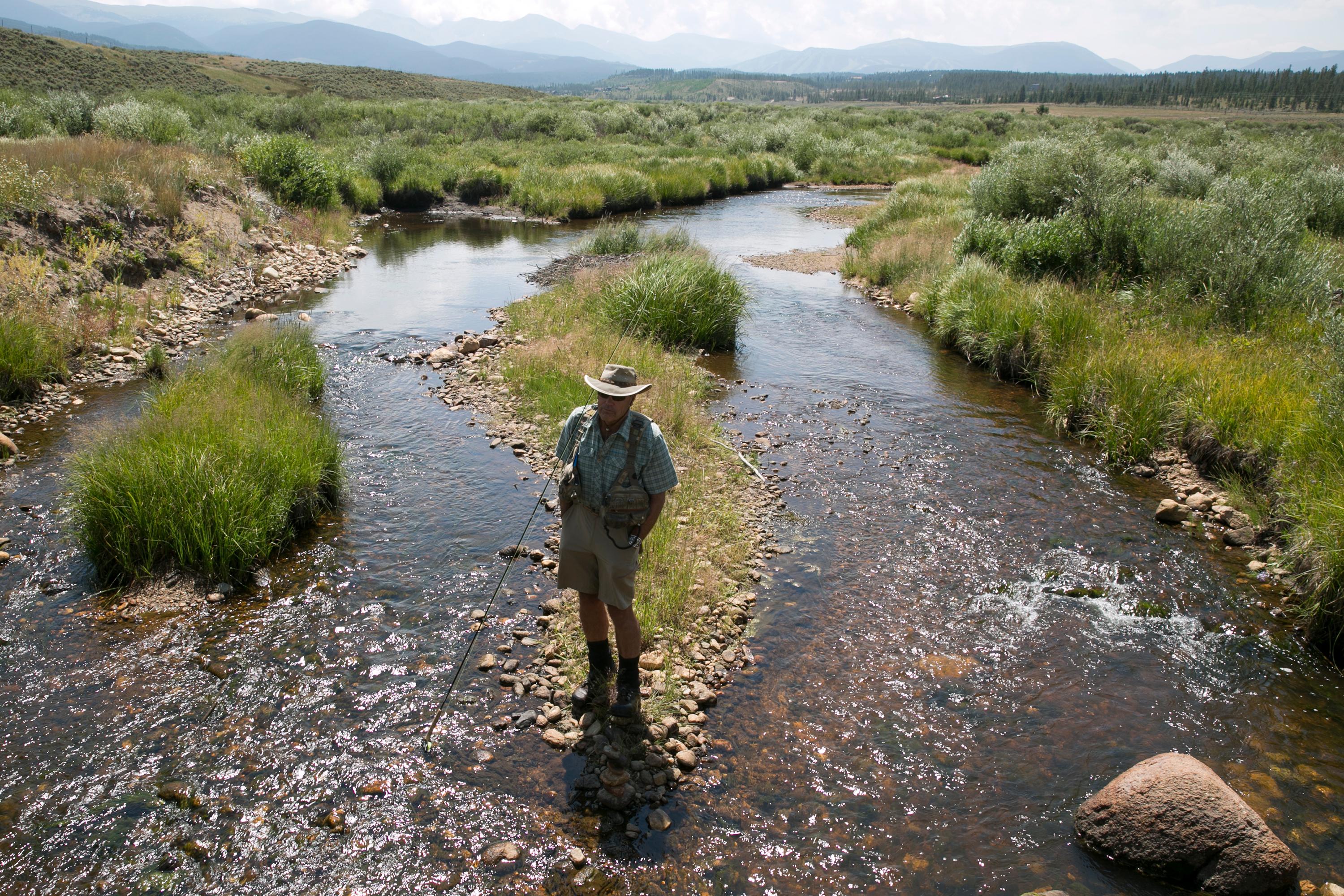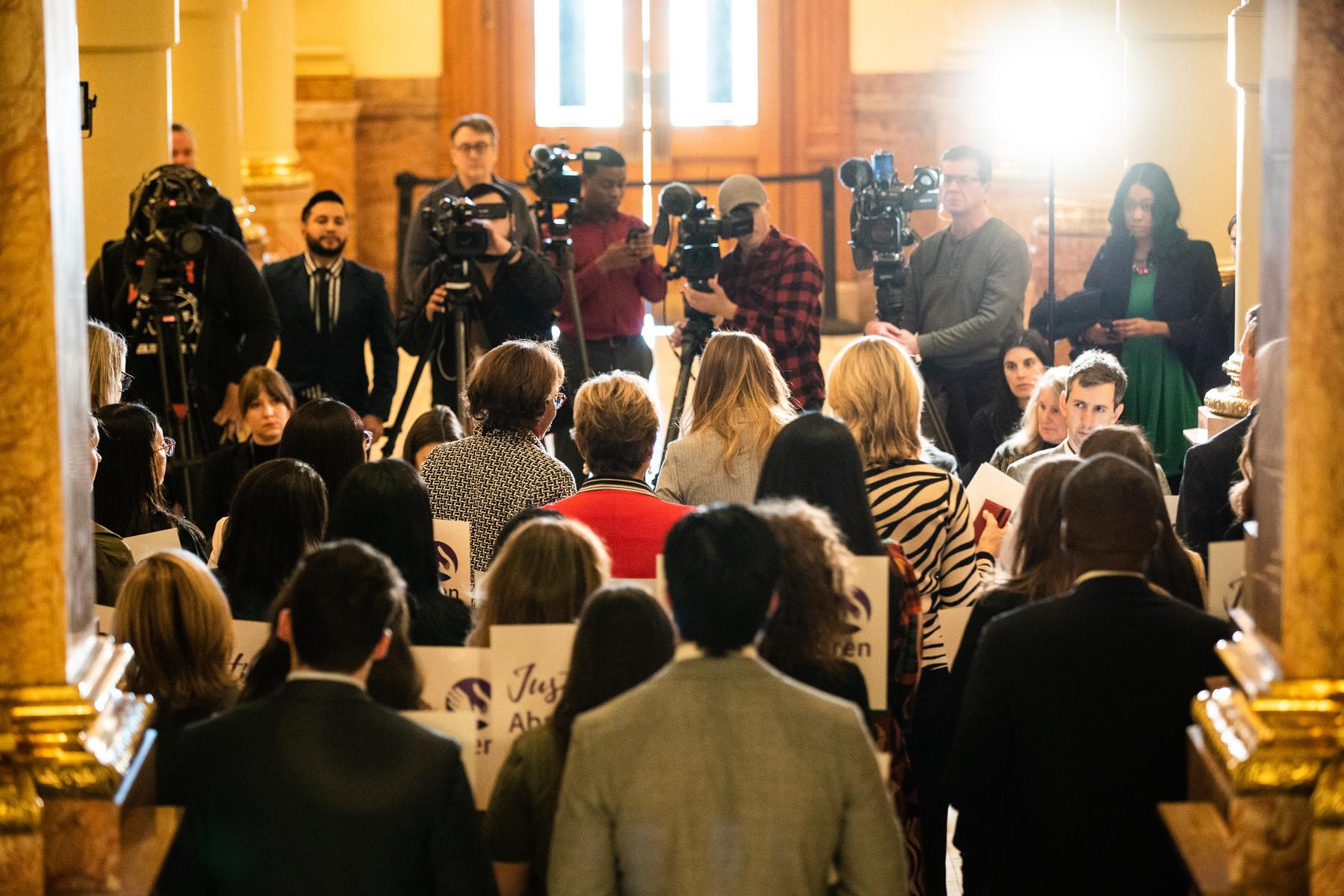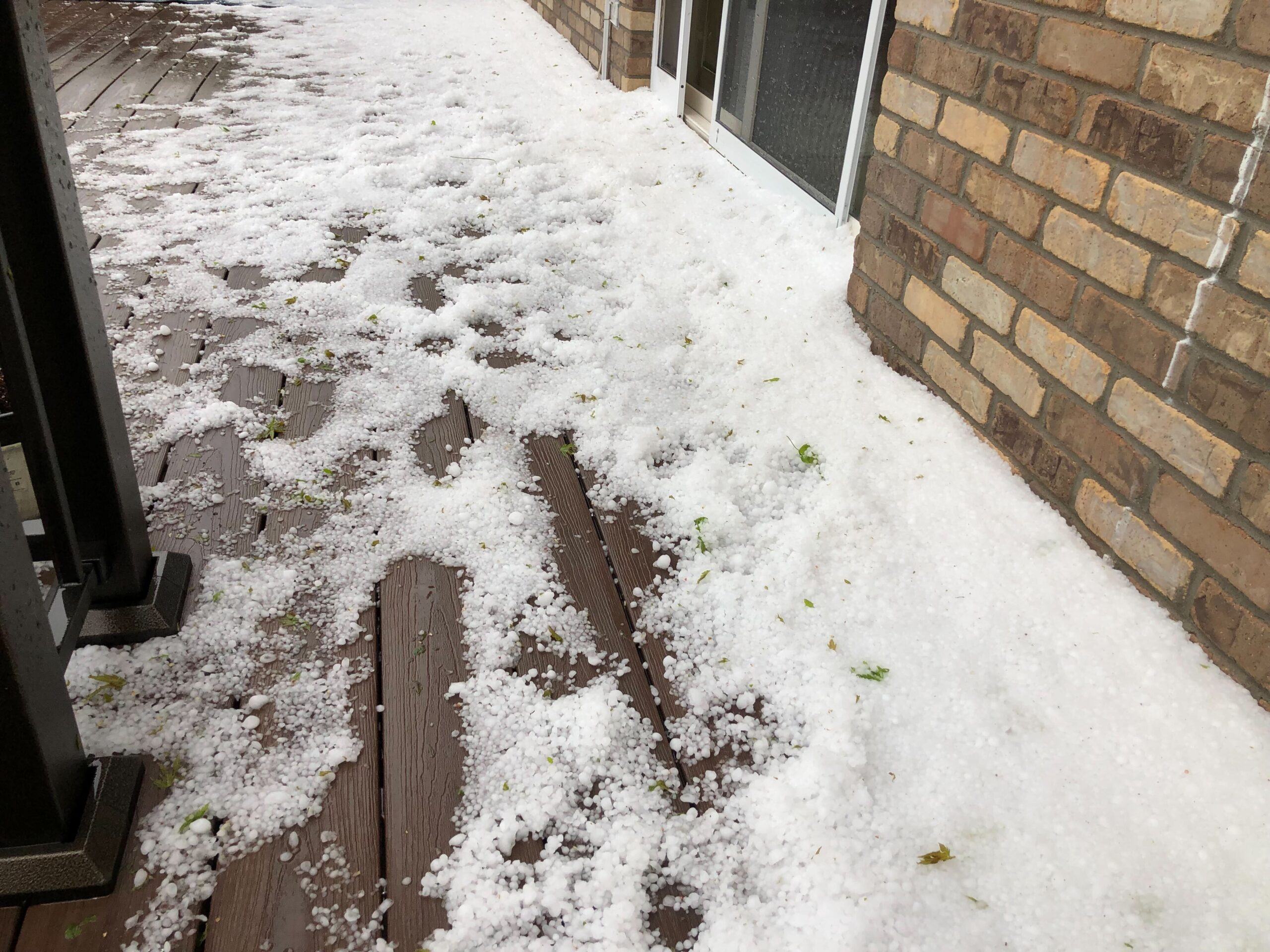
A 240-character message from President Trump may pave the way for a big legislative win for public lands — and for Colorado’s Republican Sen. Cory Gardner as he faces a tough re-election race.
Trump tweeted Tuesday that he will support permanently and fully funding the Land and Water Conservation Fund. He credited Gardner, and fellow Republican Sen. Steve Daines of Montana, for winning him over.
“We shared some pictures. We shared the numbers of what has happened with land and water conservation in our states,” Gardner said about their recent meeting with Trump. They also talked about all the economic benefits, and the good it’s doing in many states across the country.
The LWCF is funded by royalties from oil and gas production and goes toward the acquisition and upkeep of new recreational lands.
Trump’s tweet is at odds with his proposed budgets. His administration has consistently slashed the fund. One year, they even tried to claw back money for other purposes. His most recent proposed budget, introduced earlier this year, called for cutting the fund by as much as 97 percent.
Democratic Rep. Joe Neguse of Boulder pressed a Department of the Interior official about the discrepancy between the President’s tweet and his proposed funding at a budget hearing Wednesday morning.
“Are we to believe the budget that the Department of the Interior has submitted to the Congress of the United States or the President’s tweets or some combination of both?” Neguse asked. “It’s unclear to me how we proceed. The LWCF program in my view, and in the view of many of my colleagues, should not be sustaining a 97 percent cut.”
Congress usually does not follow the budget when it comes to LWCF. It restores some funding, but rarely gets to the full $900 million the fund is due on paper. Gardner and others noted that Trump has signed budgets that included those higher numbers; the budget that passed last December included $495 million, for example.
Gardner said the important thing is that Trump backs fully funding LWCF now.
“He did the right thing for conservation,” Gardner said. “And instead of talking about yesterday, what we’re here today is to talk about every day going forward.”
Boosting LWCF funding would be a major legislative win for Gardner to tout as he runs for re-election in a state that values conservation. Gardner has been criticized by some groups for not doing enough on the subject.
His likely Democratic opponent, former Gov. John Hickenlooper, tweeted himself to point out that in the past, Gardner has supported cuts to LWCF. And another Democratic candidate for Senate, Andrew Romanoff said Gardner “ has been selling out our public lands for years, but is changing his tune now that he's up for reelection.”
The issue of Gardner voting to defund the LWCF started in June of 2018 with a Trump administration bill that would have taken money out of several conservation programs. Gardner voted with most of his party to move the bill out of committee and onto the Senate floor, but said he did so in order to try to amend it to add money back in for the LWCF. The bill never made it to the full Senate, giving Gardner no chance to offer that amendment.
When it comes to the current funding situation, Democratic Sen. Joe Manchin of Virginia, who introduced the bill to permanently and fully fund the LWCF, doesn’t care if Trump's recent change of heart is motivated by political considerations. Whatever the reason, Manchin wants to take advantage of the president's support on this bipartisan issue.
“In our lifetime this will never happen again, if we don’t take advantage of this,” Manchin said. “I really don’t care. The politics, whatever they want to play with it. This needs to be done for my children and grandchildren.”
He also defended Gardner, saying the Republican was the first to take the lead across the aisle on the fund.
Many conservation groups were also surprised by the turn of events, including the League of Conservation Voters. The group launched digital ads against Gardner in 2018 over his support for a recession bill that cut money from the LWCF. Conservation Program Director Alex Taurel said this bill is long past due.
“We’re glad that there is bipartisan momentum behind this new legislation. Let’s get the job done,” Taurel said.
Aaron Weiss, deputy director for the Center for Western Priorities, a public lands advocacy group, was surprised by the tweet given Trump’s previous budgets. But he cautiously welcomes the president’s support.
“No one is popping the champagne yet. The bill still has to get passed. The bill has to get signed. And at that point, that would be a reason to celebrate,” Weiss said.
Even Senate Majority Leader Mitch McConnell voiced his support for funding the LWCF.
“It’s a priority for Senators Daines, Gardner, and Alexander. It is a priority for the President. And it is a priority for me. We will turn to it in a timely manner,” McConnell said in a statement.
The bill has 56 co-sponsors, including Gardner, Daines, Manchin and fellow Colorado Sen. Michael Bennet. Bennet said he and the other co-sponsors are ready to roll up their sleeves and get this done.
“You can’t take nothing for granted in Washington these days, and let’s get this across the finish line,” Bennet said.
There is a similar bipartisan bill in the House that most members of the Colorado delegation have signed onto.
Gardner expects this bill, and another proposal that funds the backlog of maintenance work for national parks to the tune of more than $6 billion over five years, to be voted on and passed together “expeditiously.”
Editor's Note: This article has been updated to add more context to Gardner's 2018 vote on a bill reducing LWCF appropriations. A previous version of this story misspelled Alex Taurel's name.









